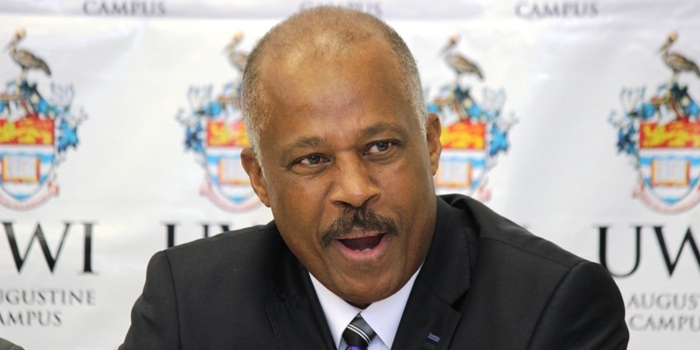
The University of the West Indies (UWI), in an effort to become more self-sustainable, has outlined a 10-point proposal aimed at garnering more revenues and enrollments.
Speaking earlier today, UWI Vice-Chancellor Sir Hilary Beckles took the media through the plan, explaining the strategy to transform the university and to make it more financially viable.
The UWI currently has 50,000 students (8,000 in the open campus). The plan is to extend the open campus to accommodate 100,000 students in the first phase of the plan and then to 200,000 via its execution of its global campus built around digital learning. Both phases should be completed over the next five years. The aim is to have a UWI centre on every continent in the world.
The first part of the plan was to embark upon a reputational revolution and to proclaim the successes of The UWI. It has attained an enviable rating in the global ranking assessment and is now regarded as one of the best centres of learning in the world in this hemisphere. Sir Hilary said it took three years to achieve this status.

Now, The UWI must convert this reputation into revenue while protecting its top position as the only Caribbean university to be ranked among 5,000 universities across both the Caribbean and Latin America.
CONTAINING EXPENDITURE
A big part of the plan outlined by Sir Hilary is expenditure containment as the financial burdens that it currently faces are debilitating.
The UWI is currently looking to cut expenditure by 10 per cent while increasing its revenue by 10 per cent in the first instance.
During this time of COVID, The UWI has seen its budget cut by six per cent with additional cuts made to operational budgets for 2020-21 and 2021-22.
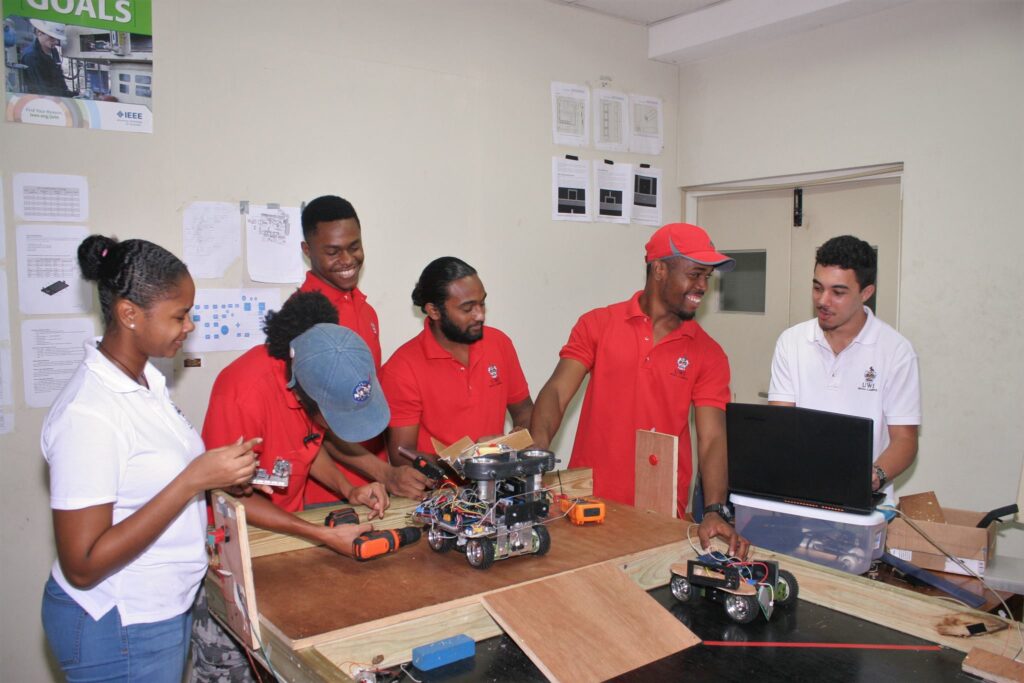
Staff costs represent 70 per cent of campus operational expenses and the vice chancellor believes that savings can perhaps be made from collective bargaining agreements if workers can be persuaded to make necessary sacrifices.
A major component of this expenditure initiative is the One UWI Initiative, driven by digital transformation. There will now be a concerted effort to confront inter-campus duplication, re-engineer back office operations and implement cross-campus teaching.

The UWI is dependent upon funding from Caribbean governments that sometimes cannot honour their obligations due to national economic difficulties.
As Sir Hillary Beckles puts it, “When there is a surplus, we get it and when there is a deficit, we get that too.”
The proposed new funding model will see Caribbean governments providing 50 per cent of The UWI’s operational budget, students will contribute 15 per cent, private sector initiatives to chip in with 20 per cent and international engagements make up the remaining 15 per cent.
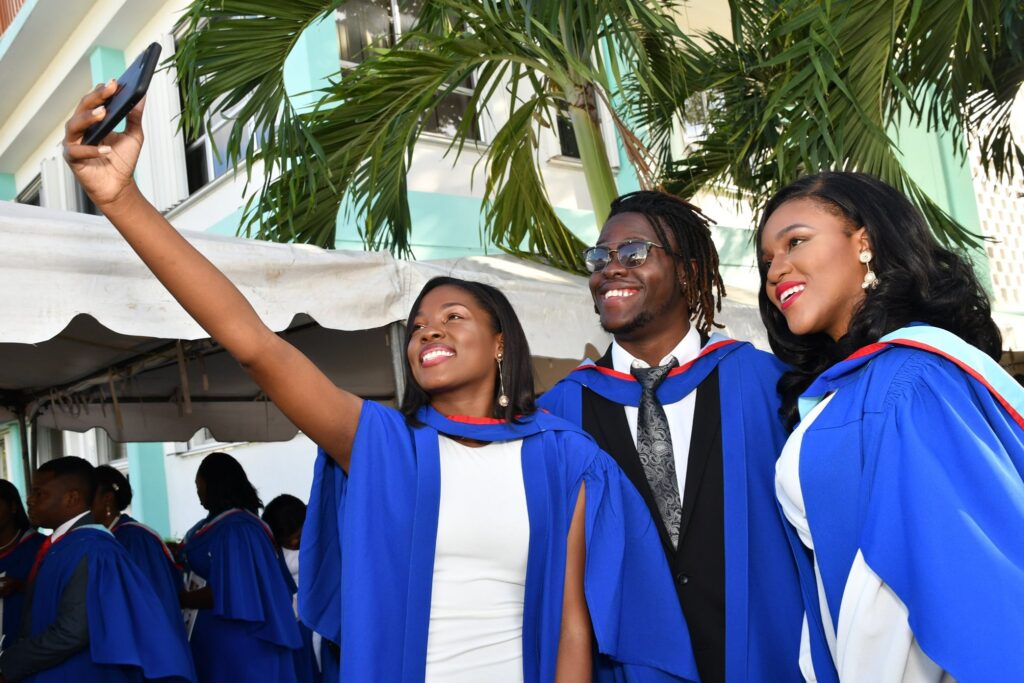
When Sir Hilary was appointed six years ago in 2015, government receivables were US$117 million. Today it is down to just US$47 million.
The vice chancellor is calling on Caribbean governments to stabalise their contributions to The UWI’s budget.
The Council of UWI has approved taking The UWI to the capital markets and to this end has targeted a US$60-million bond to finance its St Augustine offshore medical centre project. If all goes well after eight to 10 years, this project alone can contribute 30 per cent of the entire campus’ financial needs.
There are a number of bankable projects that should attract investors, namely the St Augustine Global School of Medicine (an offshore medical centre), The Mona School of Nursing and the Cave Hill Facility of Medical Services.
“The English-speaking Caribbean has the lowest enrollments for university education in the world and we must now make a greater effort to get our young people into university if the region is to get out of poverty and low economic growth.”
Sir Hilary Beckles, vice-chancellor of The University of the West Indies
The US$60-million bond will be placed in Trinidad where it should interest many investors there. Sir Hilary is of the view that students and workers of The UWI should be encouraged to buy into the bond.
“We have 50,000 students now, but If we had 30,000 students we could live comfortably with our budget, but how does that help the region? What’s the point of being a top batsman who scores a century if your team loses the match?
“The English-speaking Caribbean has the lowest enrollments for university education in the world and we must now make a greater effort to get our young people into university if the region is to get out of poverty and low economic growth. We have the courage, confidence and skills to make this happen.
“It’s not about the university, it’s about the Caribbean region,” said Sir Hilary.
The UWI will be going to the capital markets in 2021-22.



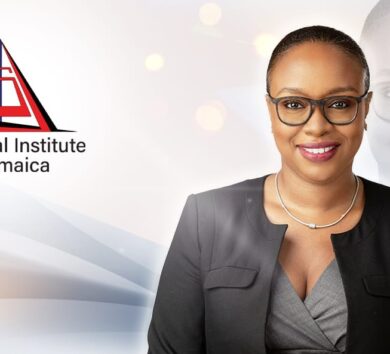
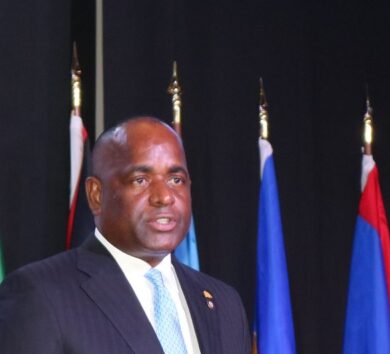

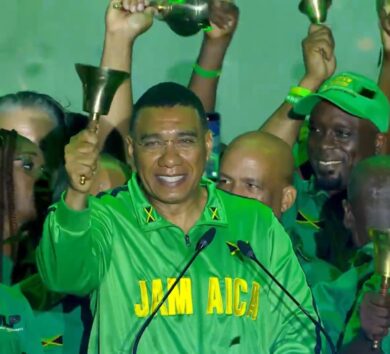
Comments